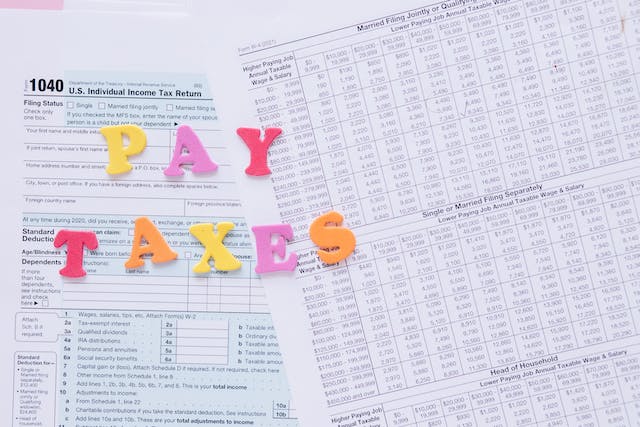
When you’re in debt, it can be incredibly challenging to make ends meet. Unfortunately, you may find that this debt increases during tax season if you file taxes but cannot afford to pay the government what you owe. This can result in tax liens against you. If this reflects your circumstances, you may wonder whether or not filing for bankruptcy can help alleviate the stress related to these matters. The following blog explores what you must know about tax liens and bankruptcy. Additionally, you’ll learn why connecting with a Memphis, TN tax debt lawyer is in your best interest.
How Does Bankruptcy Work?
When someone is in considerable debt and cannot afford to make payments to creditors, they may file for bankruptcy. Essentially, bankruptcy helps consumers by paying off a portion of their debts. This is done through a repayment plan or liquidation of assets. Once the process is complete, the remainder of the qualifying assets are discharged, meaning the debtor is no longer responsible for paying these debts.
It’s important to understand that some debts are non-dischargeable, meaning they cannot be forgiven during bankruptcy, and the debtor must continue to make payments to the creditor. However, by discharging other debts, non-dischargeable debts become significantly more manageable.
What Are Tax Liens?
Tax liens are a security interest against a property. For example, a home mortgage is a lien against a residence. As such, if you don’t pay the mortgage, the creditor can seize and sell the property to receive the funds they are entitled to.
As such, when there is a tax lien against you, the creditor is not a traditional lender but the Internal Revenue Service (IRS). If you continually fail to pay taxes on time, you may be subject to a lien. As such, this informs your creditors that the government has a rightful legal claim against your property. Once you pay your debt, the IRS will release your lien within thirty days.
What Happens to Liens During Bankruptcy?
When you file for bankruptcy, you are granted an automatic stay. Essentially, this means that all creditors, including the IRS, must stop all collection efforts against you. It’s important to understand that federal tax liens are non-dischargeable, meaning you will still be legally required to pay these debts off after your bankruptcy case has closed. However, if you file for a Chapter 13 repayment plan, you can include this debt in your repayment plan to help make paying this debt significantly more manageable. It’s also important to understand that other forms of tax debts are dischargeable during bankruptcy.
If you have a tax lien against you or other tax debts have accumulated, connecting with an experienced lawyer is in your best interest. At the Arnold Law Firm, we understand how overwhelming debt can be. That’s why we’re dedicated to helping good people navigate difficult situations. Contact us today to learn how we can assist you through these matters.




